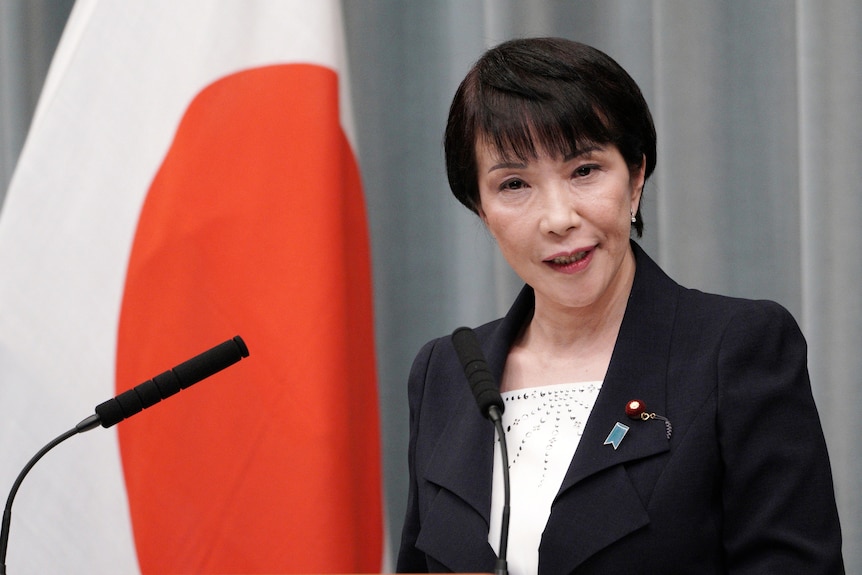The Trump administration has secured a landmark agreement with pharmaceutical giant Pfizer aimed at easing the burden of prescription drug costs for low-income Americans. Under the deal, Pfizer will sell its medications to Medicaid patients at the same lowest prices offered in other wealthy countries, a shift that could significantly narrow the long-standing gap between U.S. drug costs and those abroad.
New medicines launched by the company will also debut in the U.S. at prices matching those in other developed nations. For years, American consumers have paid more than triple the cost of brand-name drugs compared with their counterparts overseas, fueling political pressure to rein in pharmaceutical spending.
Beyond pricing concessions, Pfizer has pledged to participate in a new government-backed online platform, TrumpRx, which will allow consumers to buy drugs directly from manufacturers. The company says treatments listed there will carry average discounts of roughly 50 percent.
Officials caution, however, that patients may not begin to see savings until 2026, reflecting the time needed to implement the sweeping changes. The agreement also reinforces a May executive order that pushed drug makers to voluntarily reduce costs or face tighter government reimbursement rules. Administration officials have signaled that similar deals with other major pharmaceutical firms are expected soon.
Read Also: Trump’s Gaza Proposal Gains Pace But Lacks Clarity
The pact carries broader implications for domestic industry as well. Pfizer has committed $70 billion in new U.S.-based investment, spanning research, development, and manufacturing projects. That pledge positions the company alongside other drug makers who have recently announced expansions in response to political pressure to shift production onshore.
Trump has made lowering drug prices and strengthening U.S. manufacturing a centerpiece of his policy agenda, going so far as to threaten steep tariffs on imported branded medicines unless companies commit to building plants domestically. With Pfizer producing some of the world’s most widely used treatments—including the COVID-19 vaccine Comirnaty, the antiviral Paxlovid, and several cancer therapies—the deal underscores the high stakes of balancing affordable care with economic strategy. Whether the agreement delivers real relief to patients will depend on its rollout—and on whether other industry players follow suit.










